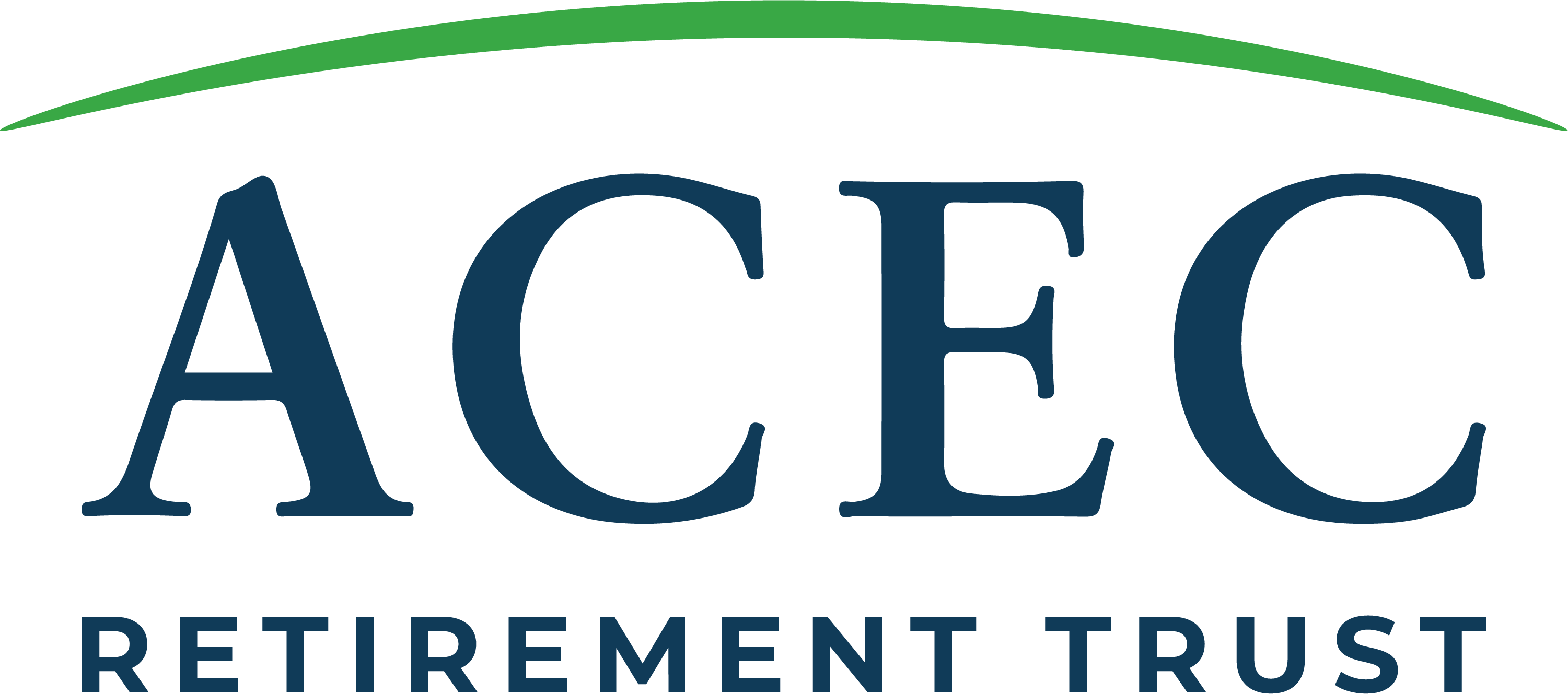
Q: One of our 2019 goals is to provide financial education to our employees. There are many companies and individuals providing this kind of education; how can we pick the right one for our company?
A: Congratulations on making the decision to move ahead with financial education! When employees have a better grasp on budgeting and other financial basics, they may be better equipped to save for retirement and the other big financial demands we all face. To find the best provider for your needs, we suggest creating a list of questions to ask each candidate. You will want to ask how the provider will be paid, i.e., is it through commissions? Is the content they will present objective? And will the vendor be collecting contact information from employees? You will also want to make sure you understand the background and experience of the candidates, asking questions such as: Have educators had training in the areas they will discuss with employees? What is their track record in providing this kind of education? And, if there will be one-on-one counseling with employees, are the trainers certified to do so? The International Foundation of Employee Benefit Plans has created a comprehensive list of 23 questions to ask when you’re selecting a vendor for financial education. https://tinyurl.com/IFEBP-education.
Q: When moving our office, we came across some old retirement plan records. That sparked a conversation about what we need to keep with regard to our 401(k) plan. Can you provide any guidance?
A: Just as you do with your personal income tax documents, you need to maintain records related to the plan. This is for a couple of reasons, one of which is being ready to defend actions and decisions if the plan is ever audited. We suggest you review the IRS and the DOL websites for complete information about what you need to keep and for how long. In the meantime, here are some items that come to mind. Keep the original and signed plan document, along with any amendments, the adoption agreement (if any), the Determination Letter from the IRS, and all trust records and investment statements. Make sure you maintain records of all notices to participants, like the Summary Plan Description, the Summary Annual Reports, notices about blackout periods, and fee disclosures. You should also keep proof that the notices were sent and any proof they were received or opened. Of course, keep the plan’s 5500 reports and audits of the financial statements. You can find a discussion on this topic in the Journal of Pension Planning & Compliance, Volume 43, Number 4, available online at https://tinyurl.com/JPPC-records.
Q: We offer a wide variety of funds in our 401(k) plan. Employees sometimes get so stressed trying to understand the funds that they give up and “just pick one.” We are working on simplifying the offerings and helping them understand those we have available. Any suggestions?
A: You are wise to put thought into the plan’s investment offerings. The first suggestion is to work with your plan’s advisor to develop an IPS, or Investment Policy Statement. It will help guide decisions and to document the reasons each was chosen, which could serve to protect the plan’s fiduciaries should any litigation arise. It’s also a good idea to make sure participants understand how fees are charged. The Pew Charitable Trusts has come up with a calculator that clarifies the impact of paying too much for investments. In an article on their site, they illustrate the difference for someone saving $200 per month at 6% with fund expenses of 1.5% (sum of fund expense ratio and advisory fee) compared to someone in the same situation paying just 0.5%. At the end of 40 years, the person paying the higher amount would have saved $268,700, while the investor paying the lower fees would have $349,600 — a difference of $80,900, even though the difference in expense is just 1%. You can read the article, which was originally published in Forbes on November 16, 2018, here: https://tinyurl.com/Pew-fee-impact.
